Non-metal-mediated N-oxyl radical (TEMPO)-induced acceptorless dehydrogenation of N-heterocycles via electrocatalysis
文献情報
Huiqing Hou, Xinhua Ma, Yaling Ye, Mei Wu, Sunjie Shi, Wenhe Zheng, Mei Lin, Weiming Sun, Fang Ke
The development of protocols for direct catalytic acceptorless dehydrogenation of N-heterocycles with metal-free catalysts holds the key to difficulties in green and sustainable chemistry. Herein, an N-oxyl radical (TEMPO) acting as an oxidant in combination with electrochemistry is used as a synthesis system under neutral conditions to produce N-heterocycles such as benzimidazole and quinazolinone. The key feature of this protocol is the utilization of the TEMPO system as an inexpensive and easy to handle radical surrogate that can effectively promote the dehydrogenation reaction. Mechanistic studies also suggest that oxidative TEMPOs redox catalytic cycle participates in the dehydrogenation of 2,3-dihydro heteroarenes.
関連文献
IF 6.222
Inside back coverIF 6.222
Synthesis and optical and electronic properties of one-dimensional sulfoxonium-based hybrid metal halide (CH3)3SOPbI3IF 6.222
Synthesis and hydrogen evolving catalysis of a panchromatic photochemical molecular deviceIF 6.367
Synthesis of aviation fuel from bio-derived isophoroneIF 6.367
Retraction: Chemical synthesis and antigenic activity of a phosphatidylinositol mannoside epitope from Mycobacterium tuberculosisIF 6.222
Selective light driven reduction of CO2 to HCOOH in water using a {MoV9}n (n = 1332–3600) based soft-oxometalate (SOM)IF 6.222
Pulsed laser rusted stainless steel: a robust electrode material applied for energy storage and generation applicationsIF 6.367
Milk exosomes with enhanced mucus penetrability for oral delivery of siRNAIF 6.843
Enhanced activity of catalysts on substrates with surface protonic current in an electrical field – a reviewIF 6.222
掲載誌
RSC Advances
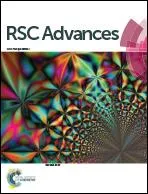
Chemistry fascinates us. This discipline is integral to life and impacts so many aspects of our world. The scope for RSC Advances is wide-ranging because we want to capture any research that can offer crucial insights and advance chemistry. RSC Advances papers should provide an insight that advances the chemistry field. Papers that contain little or no chemistry and are not considered to be of interest or relevance to the chemistry community are not within the scope of the journal. The criteria for publication are that the work must be high quality, well conducted and advance the development of the field. Articles submitted to the journal are evaluated by our international team of associate editors and reviewers for the overall quality and accuracy of the science presented. Download our full list of subject categories to see the range of topics we publish in RSC Advances. Please ensure you have considered the following points before submitting your manuscript. Does the work present an advance over the existing literature? Please supply a covering letter with your submission to demonstrate how the work is advancing the field over the existing literature Have you provided sufficient evidence/data to support your conclusions? Have you provided adequate characterisation data for your materials/compounds? (Please check the supporting information section to ensure that the necessary requirements have been met and copies of relevant spectra have been provided where necessary) Are the results discussed in the context of the literature? Are the references relevant and do they appropriately reflect the existing literature?
おすすめサプライヤー
 Systec GmbH&Co.KG
Systec GmbH&Co.KG 建德市永固塑料設備厂
建德市永固塑料設備厂 南京延乔科技有限公司
南京延乔科技有限公司 興acenファルマテック株式会社
興acenファルマテック株式会社 MSR エレクトロニクス GmbH
MSR エレクトロニクス GmbH 五洲東方科学技術発展有限公司
五洲東方科学技術発展有限公司 广州恒星 Frozen Machinery Manufacturing Co., Ltd.
广州恒星 Frozen Machinery Manufacturing Co., Ltd. ジンエン(広州)新材料有限公司
ジンエン(広州)新材料有限公司 DSM コンピュータ AG
DSM コンピュータ AG 陕西缔都医薬化工有限公司
陕西缔都医薬化工有限公司










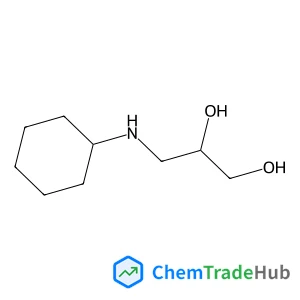
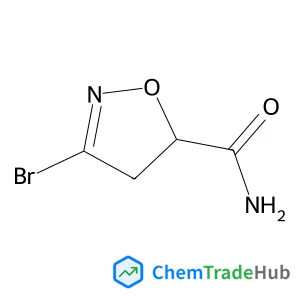
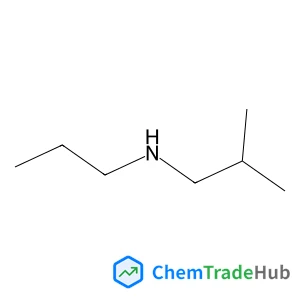
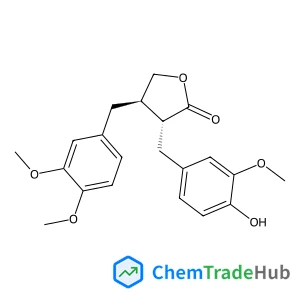
![697235-38-4 - Methyl (1R,2R,3S,3aR,8bS)-6-({(2S,3R,6R)-6-[(1R)-1,2-dihydroxyethyl]-3-methoxy-1,4-dioxan-2-yl}oxy)-1,8b-dihydroxy-8-methoxy-3a-(4-methoxyphenyl)-3-phenyl-2,3,3a,8b-tetrahydro-1H-benzo[b]cyclopenta[d]
furan-2-carboxylate 697235-38-4 - Methyl (1R,2R,3S,3aR,8bS)-6-({(2S,3R,6R)-6-[(1R)-1,2-dihydroxyethyl]-3-methoxy-1,4-dioxan-2-yl}oxy)-1,8b-dihydroxy-8-methoxy-3a-(4-methoxyphenyl)-3-phenyl-2,3,3a,8b-tetrahydro-1H-benzo[b]cyclopenta[d]
furan-2-carboxylate](/structs/697/697235-38-4-ee3a.webp)